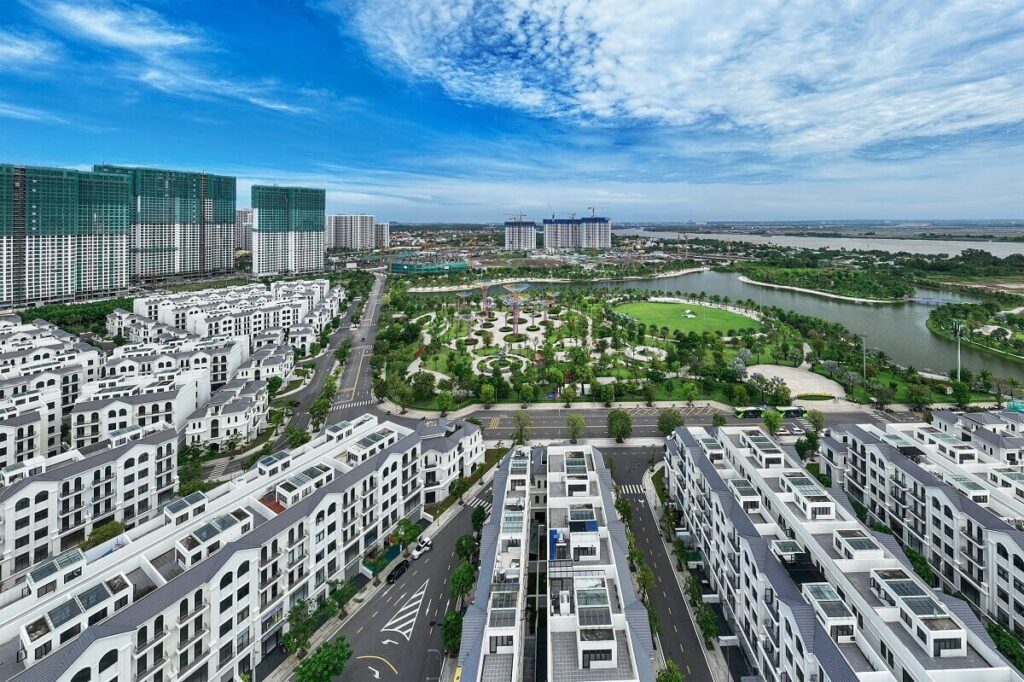VTV.vn – The Vietnam Association of Realtors (VARS) has proposed tightening credit policies for real estate speculators to reduce the number of people borrowing capital for speculation or using excessive financial leverage.
This proposal is suggested as one of the measures to stabilize the real estate market when there is a price fluctuation of over 20% within 3 months or other unusual movements affecting economic and social stability. This policy aims to minimize negative impacts on the housing needs of genuine buyers.
VARS explained that the tightening of credit for speculators can be achieved through reducing loan limits, adjusting the loan-to-value ratio, requiring a higher self-financing ratio, or applying higher interest rates for those purchasing a second home or more. Additionally, strengthening the monitoring and management of real estate-related loans and requiring more detailed reporting from financial institutions will help enhance risk supervision.
VARS also suggested establishing credit mechanisms for social housing projects and affordable housing to meet the needs of low-income earners. At the same time, credit loosening policies, including interest rate reductions or long-term loans with preferential interest rates for first-time home buyers or specific groups like newlyweds, should be considered.
However, for these policies to be effective, it is crucial to develop a comprehensive and updated database to distinguish between genuine homebuyers and speculators. Publishing real estate transaction price indices and other indicators to determine the timing of government intervention is necessary, especially in the current context of rising real estate prices.
To comprehensively regulate the real estate market, VARS proposed combining credit policies with tax policies, such as real estate transfer tax or property tax. Flexibility in implementing these policies is needed to ensure market stability and minimize risks.
VARS emphasized that international experience has shown that credit policies are a vital tool used by governments to regulate real estate markets, prevent “bubbles,” and ensure sustainable development.
In China, to control investment flows into real estate, the government has imposed several measures to limit real estate purchases using credit, especially for speculative loans. They have also controlled capital outflows to prevent speculative capital from entering foreign real estate markets. To curb the “overheating” of the real estate market, China requires buyers of a second property to place a deposit of 60-85%, and up to 100% for the third property. Additionally, all buyers must hold the property for at least 3.5 years.
Similarly, in Singapore, to control speculation and prevent a real estate bubble, the government has increased the minimum deposit ratio for property purchases and limited the loan duration, particularly for second or third home buyers.
Experts pointed out that the Vietnamese real estate market often faces significant challenges such as bad debts, high inventory levels, difficulties in raising capital, and declining investor confidence. Therefore, it is essential for the government to proactively regulate when the real estate market shows signs of instability to ensure economic and social stability.
















